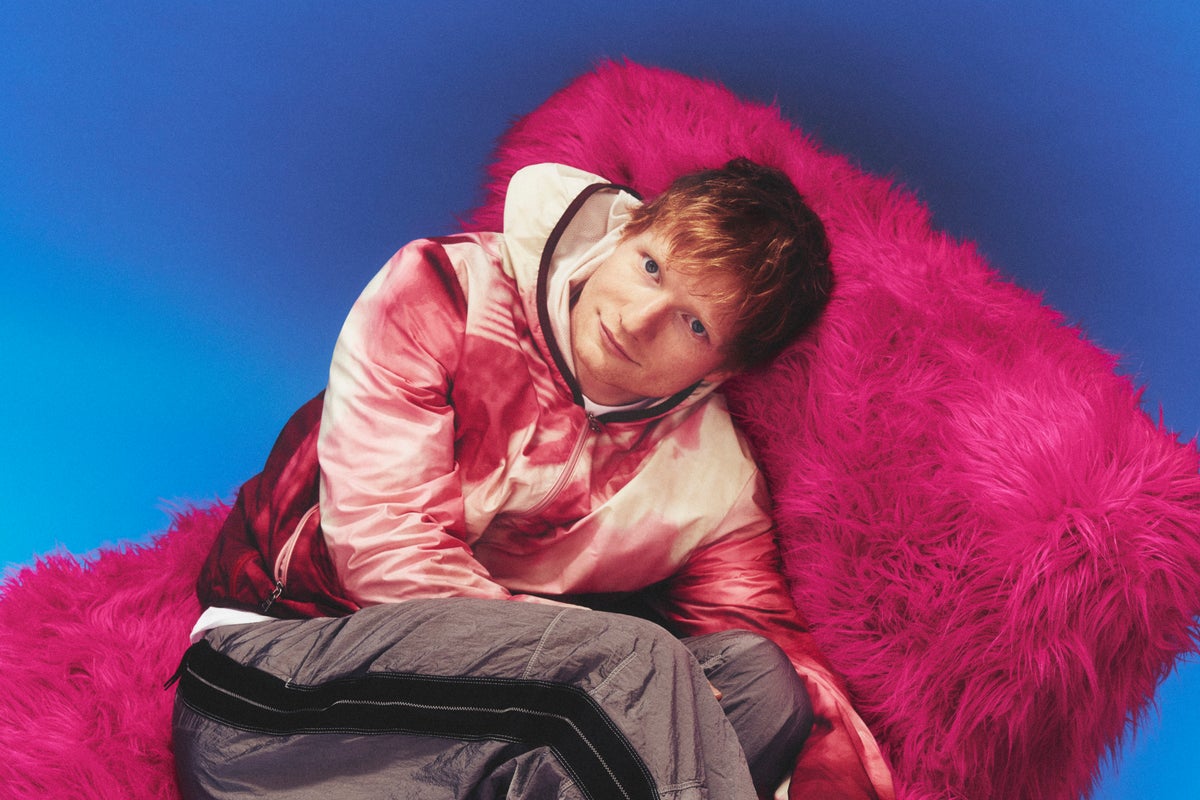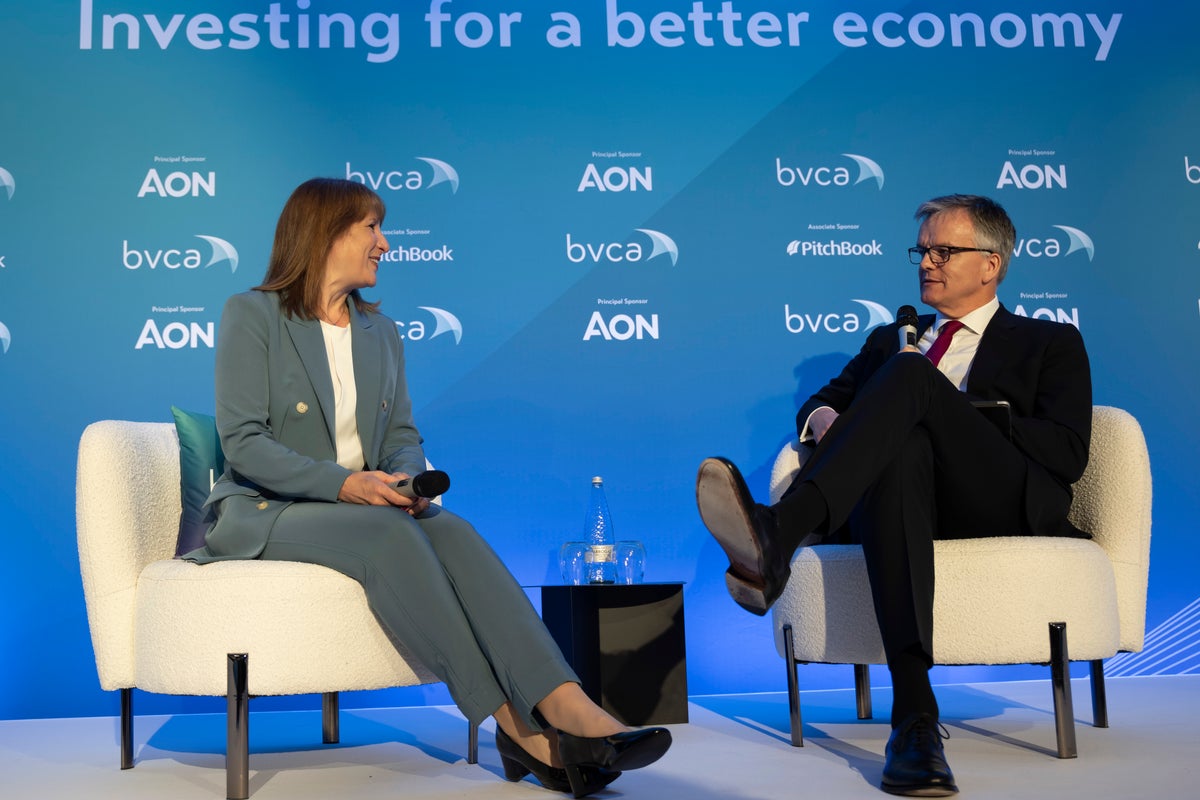During a 2022 court battle over alleged plagiarism in Ed Sheeran’s songwriting – a battle that Sheeran won – an opposing lawyer described the British musician as a “magpie”, who “borrows ideas and throws them into his songs”. Detached from the matter of plagiarism, and shorn of any derogatory insinuations, this statement is something that is plainly true – of most songwriters, yes, and it is true of Sheeran, who has turned so-called musical magpie-ing into a real labour of love.
In the new 13-track LP Play, the hugely popular singer-songwriter takes on the role of sonic globetrotter, purloining sounds and ideas from traditions around the world. Sheeran has always been unafraid to integrate different musical traditions into his songwriting – whether that’s a reggaeton duet with J Balvin (“Sigue”), the Irish-inflected hit “Galway Girl”, or indeed the peppery, hip-hop-ish rap-singing that pervades his entire catalogue. Play, though, takes this ethos of cross-cultural integration one step further.
The album’s lead single “Azizam” pulls from the Farsi music tradition, and is one of several tracks to make use of Iranian-Swedish producer Ilya Salmanzadeh, known for his shapeshifting and multicultural approach to beat-making. It’s one of the album’s better efforts, energised by a sort of off-kilter, tightly syncopated hook; instruments such as the Iranian santur give the track a distinctly Persian feel.
“Sapphire”, meanwhile, is a collaboration with Indian singer Arijit Singh, recorded in Goa with the assistance of Indian backing musicians. It’s an uptempo mashup of Punjabi music and Western pop, weighed down by banal love-song lyrics and Sheeran’s penchant for pat simile. “The lights, your face, your eyes/ Exploding like fireworks in the sky”, he sings. (It seems that Sheeran finds explosions to be consistently fertile soil for romantic metaphor. “When everything is black and white, your colour’s exploding,” he croons on “Camera”.)
Whether you call a song such as these an act of homage, appropriation, or bastardisation might come down to perspective, but is it really so different in intention to a classic such as Paul Simon’s Graceland? In any case, as Play goes on, it eases into more conventional pop-ballad territory, and the tempos let in a little room to breathe. Some of the album’s best tracks are actually its simplest – patient, straightforward tear-jerkers such as “Slowly”, and the soothingly bland “For Always”.
The production is slick and glossy throughout, and Sheeran’s singing is reliably rich in emotion. But Play is still shaggy. It’s claimed that Sheeran culled hundreds of potential compositions to settle on the final 13 tracks; he’d have done well to shed another two or three. Upbeat breakup anthem “A Little More” is overly generic in the sung-through sections, and actively irritating when he starts rapping. “Opening” may be the worst offender when it comes to Sheeran’s zeal for spitting bars: there are shades of Irish folk music in its mellifluous beginning, which then gives way to an extended and meretricious rapped section. It’s not that Sheeran can’t rap – he’s got speed, that’s for sure – but he takes a whole lot of words to say not very much at all.
There is evident ambition on Play, but not a holistic or thorough one. Probing attempts to broaden Sheeran’s sound are offset by melodic and lyrical choices that are too safe. The Irish, Iranian and Indian influences are more diluted by the steadfast Sheeran sound than they are able to enhance it. This may be a buffet of an album, but it’s crying out for a signature dish.





